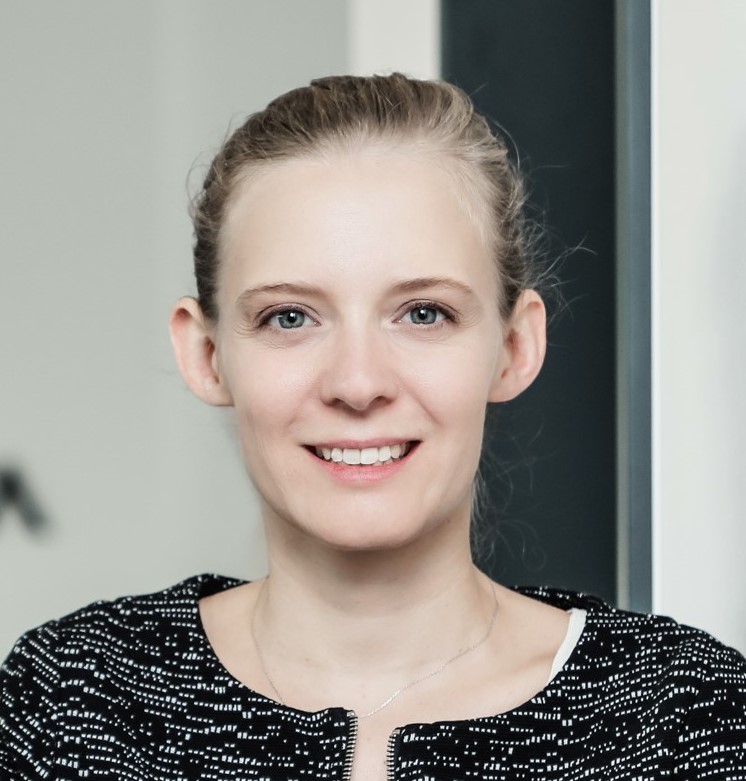I was trained as a theoretical physicist, and have always enjoyed working at the frontier with other research fields.
I am fascinated by complex and multi-scale systems, whose understanding relies on analytical and numerical models, as well as experimental observations.
I initially studied complex quantum systems, and I am now exporting those ideas and competences to biological and biomedical problems, for which observational data is increasingly available.
There, bridging the gap between small-scale biophysical models and medical observations at the scale of an individual or a population is of high interest.
To this aim, I am using the traditional framework of statistical inference as well as developing new methods combining model-based approaches and data-based machine learning techniques.
Indeed, joining forces of the previous knowledge acquired on the underlying processes with powerful techniques of artificial intelligence is, in my opinion, a very exciting and meaningful avenue to better predictions.
I am also personally interested in understanding and improving the CO2 footprint, and the ecological impact of AI algorithms and their development, and I am looking for collaboration partners.
